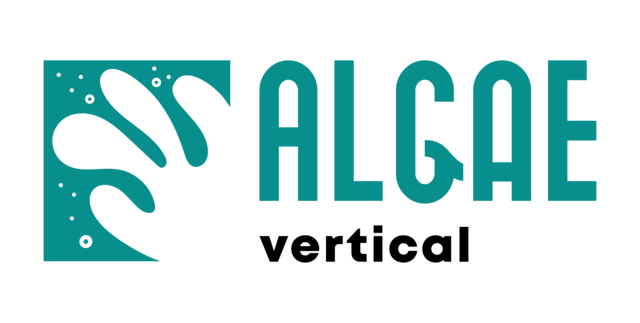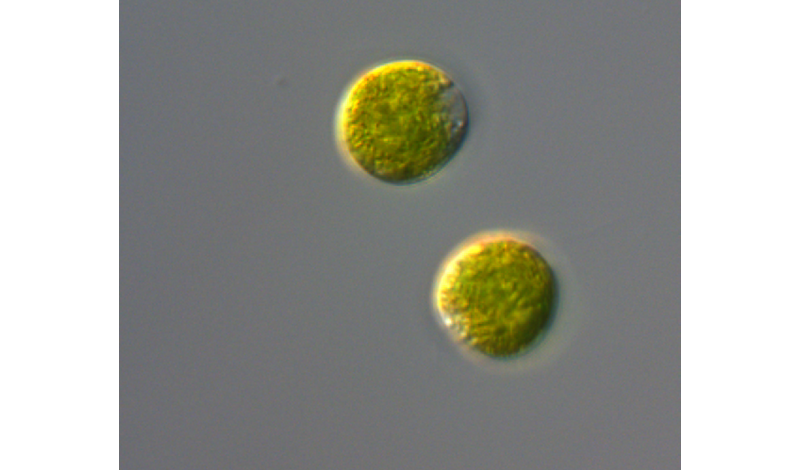The 1st International Congress on Algae and Biotechnology (ICAB) ended on a highly positive note, bringing together the global community around innovation and the transformative potential of algae. Over three intense days, the congress attracted more than 300 participants, over 100 organisations and representatives from 22 countries, confirming the growing interest in this rapidly expanding sector.
Organised by GreenCoLab and PROALGA, the event featured leading scientific presentations, specialised panel discussions, interactive question-and-answer sessions, and numerous networking opportunities, fostering dialogue between researchers, industry, entrepreneurs, and students.
The diversity of topics covered — from biotechnology to food and pharmaceutical applications, environmental sustainability and public policies to encourage innovation — reflected the multidisciplinary nature and dynamism of the sector.
These figures reflect more than just participation; they represent a growing commitment to the transformative potential of algae.
The enthusiasm evident among participants and the quality of the presentations reinforced the conviction that algae can play a central role in sustainable and technological solutions to the challenges facing the planet today.
With an extremely positive outcome and new international collaborations emerging, ICAB will return next year with even greater ambition, ready to continue driving the Blue Biotechnology sector forward.
Portuguese microalgae helps fight inflammation and diabetes
A microalgae cultivated in Portugal, Dunaliella salina, is proving promising in the field of health. Researchers at the University of Aveiro, in collaboration with CIIMAR, CBQF – Portuguese Catholic University, GreenCoLab and the company Necton, have discovered that this microalgae contains compounds with anti-inflammatory and blood sugar regulating properties.
The study, carried out as part of the Algae Vertical project, which is part of the Blue Bioeconomy Pact, opens the door to the development of new food supplements and functional foods. Dunaliella salina is already approved in Europe for use in supplements, which facilitates its application in the nutrition and health market.


